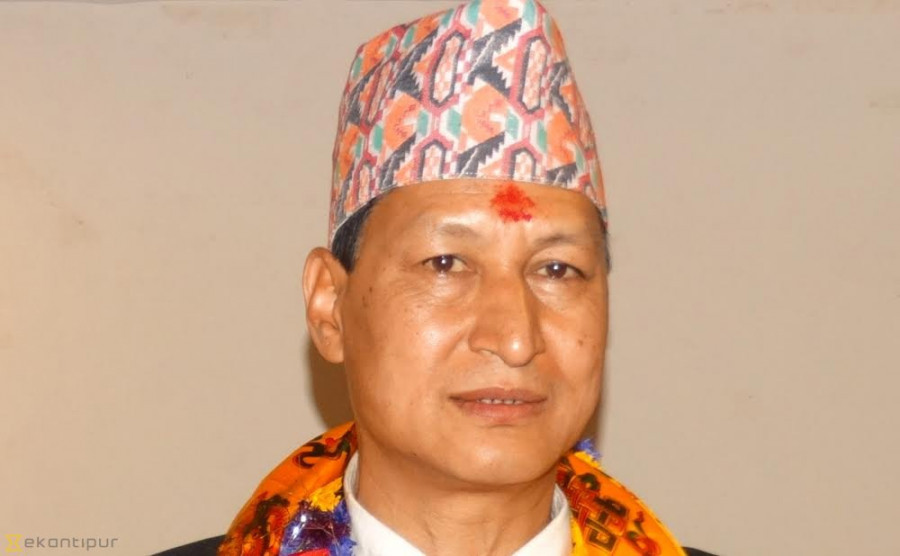Kathmandu
Kathmandu Metropolitan City orders all schools to teach Nepal Bhasha
Experts say the decision shouldn’t be imposed on students and they should get to choose which language they want to learn.
Binod Ghimire
Amid reservations from private schools and education experts, Kathmandu Metropolitan City has made it mandatory for all schools within its jurisdiction to teach students Nepal Bhasha.
The education committee of the metropolis led by Mayor Bidya Sundar Shakya last month decided to teach the language to students from grade 1 to 8. The city has also issued a circular to all the schools to implement the decision from the ongoing academic session.
“The decision was passed as per the authority granted to the city by the constitution,” said Ishwor Man Dangol, spokesperson for the metropolitan city. Schedule 8 of the Constitution of Nepal authorises local governments to manage basic and secondary education in areas under their jurisdiction.
Similarly, the national curriculum framework prepared by the Curriculum Development Centre says local governments can induct a subject either in the mother tongue or one depicting the local features.
“We want people living in the metropolis to understand Newa language and culture,” Dangol told the Post. “All schools, private or public, will have to teach the language starting the ongoing academic session.”
The metropolis has prepared curriculum and textbooks for it which will be distributed for free to the students from the public schools but those from the private will have to buy them. The students will have to take written examinations for 25 marks while there will be practical for remaining 75 marks. According to Dangol, the curriculum includes Nepal Bhasa, culture and tradition of Kathmandu Valley.
However, with the pandemic not all schools are holding virtual classes at present.
School operators and the linguists say it is not the right decision to impose the Newari language across the schools as it is not a mother tongue of a majority of students who go to 92 public and 640 private schools in the city.
Article 31 (5) of the constitution says that every Nepali community residing in Nepal shall have the right to get education in its mother tongue and, for that purpose, to open and operate schools and educational institutes, in accordance with law.
Murari Sanjel, chairperson at the Kathmandu Metropolitan City chapter of the Private and Boarding Schools Association Nepal, said his association is against the decision as it will only add unnecessary burden on the students.
“The decision might be correct for the schools which dominantly have Newa students,” he told the Post. “But, most of the schools here have students from diverse communities and it is wrong to impose the language on them.”
He said private schools have objected to the decision and are not in a position to implement it. Schools, however, are ready to teach students about the local Newa culture and local features of the metropolis in Nepali or in English.
“The Curriculum Development Centre has given the option to teach a subject incorporating local features if rolling out a subject in a mother tongue is not possible,” he said.
Linguists say the decision of the metropolis is wrong as there are students speaking most languages spoken across the country residing here. As per the 2011 census, 123 languages are spoken in the country.
“Imposing Nepal Bhasha on the students who have mother Tamang or Gurung as mother tongue, for instance, would be an injustice for them,” Amrit Yonjan, a linguist, told the Post. “The metropolis decision should be voluntary not mandatory.”
He said the students should get to choose what they want to study.
Education experts say the decision would add unnecessary burden to the students who are already studying two different subjects. Students who don’t have Nepali as a mother tongue have to study two additional languages–Nepali and English— right from grade one and adding Nepal Bhasha means they have to study one more language.
Currently, grade one students mainly from the public schools need to study four compulsory subjects–Nepali, English, Mathematics and Mero Serophero (My Surroundings)— and an optional subject.




 14.24°C Kathmandu
14.24°C Kathmandu











